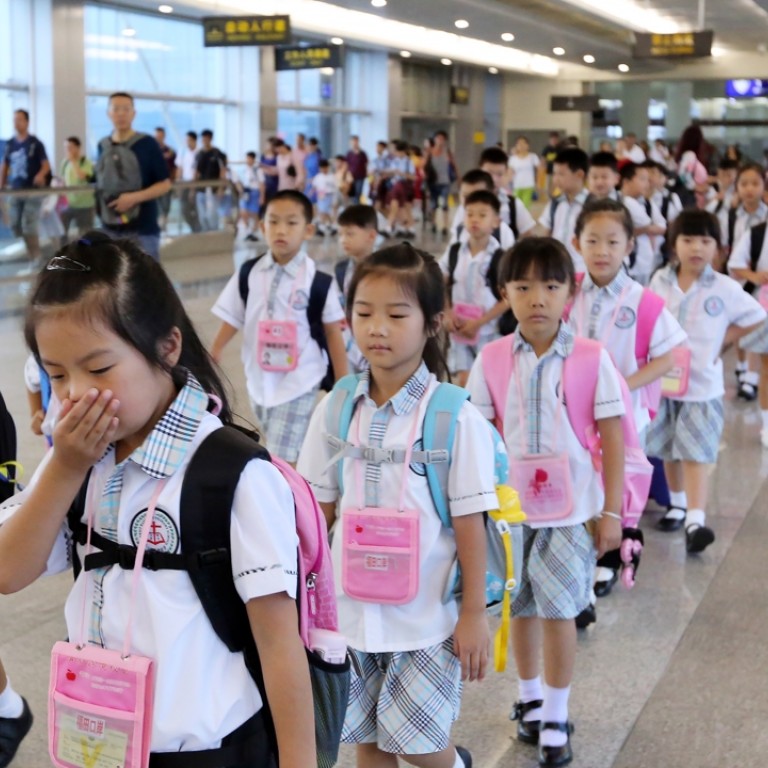
Spending on education still in decline, complains Hong Kong lawmaker
Budget increases to HK$75 billion but as a percentage of total government expenditure has dropped from 24.5 per cent in 2005 to 21.5 per cent, says Ip Kin-yuen
Although the budget for education in 2016-17 increased to about HK$75 billion, the legislator representing the sector complained that funding continued to fall as a proportion of government expenditure – from 24.5 per cent in 2005 to about 21.5 per cent.
The 3 per cent difference equated to HK$10.5 billion, Ip Kin-yuen said.
“I’m extremely disappointed by the budget,” he said. “Overall expenditure has increased but the education sector has nothing.”
Ip said the education policies mentioned in the speech were extensions of past policies without any initiatives. He said educators had long demanded policies such as increasing the number of government-subsidised degree places, but the administration would not listen.
Financial Secretary John Tsang Chun-wah introduced a pilot scheme to provide subsidised tuition fees for students admitted to designated professional part-time programmes under the Vocational Training Council. The three-year scheme will start from the next academic year.
Tsang said the HK$200 million scheme would cover programmes in construction, engineering and technology to benefit 5,600 people.
This year the government has also launched a subsidised HK$960 million scheme for students pursuing self-financing undergraduate programmes in disciplines including health care, architecture and engineering, testing and certification, creative industries, logistics, and tourism and hospitality.
Tsang also focused on internships and exchanges for local students, announcing extensions of schemes introduced in the past few years.
He said the government would increase the number of places for a summer internship programme in Beijing from 20 to 40 this year. The scheme was started last year to support local university students interning at financial institutions in the capital. Partners in the programme include the China Investment Corporation and the Silk Road Fund.
Tsang said the government would this year subsidise 30 local university students on a cross-border study tour scheme for post-secondary “financial talents”. The scheme was launched in Shanghai in 2012.
And a scheme to provide local tertiary students internship opportunities in countries under the Association of Southeast Asian Nations will be extended to include 11 tertiary institutions. The scheme was launched in 2014 by the Economic and Trade Office.

